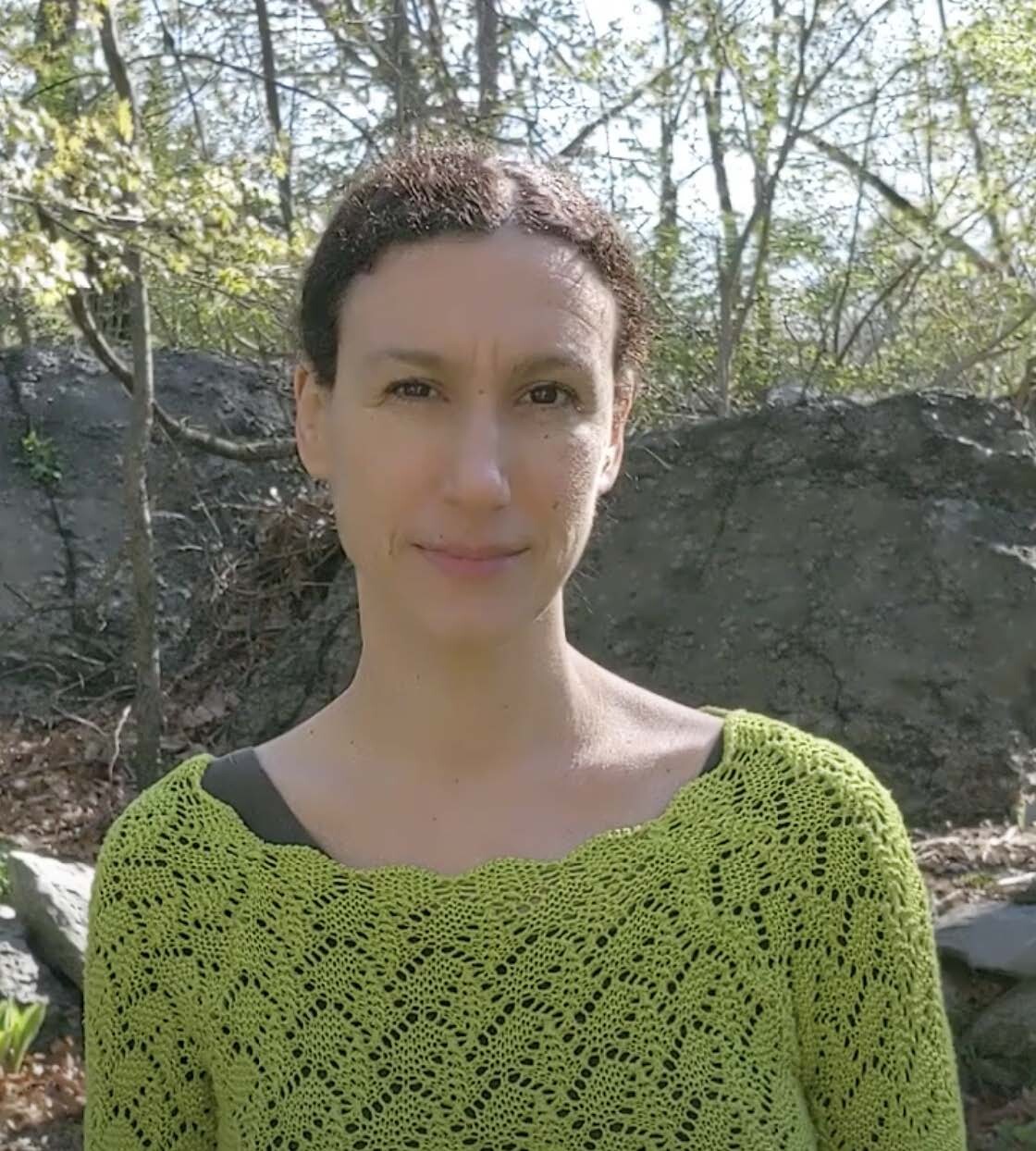“We want to take the [meadows and fields] back into our common hands,” declares one of the Twelve Articles of the German Peasants' War. The idea of common property—or “the commons”—is once again at the center of discussions about alternative economies. Silvia Bottinelli (Tufts University) presents international projects in which artists explore new forms of communal agriculture—at the intersection of aesthetics, political practice, and questions of ownership. Together with Stephen Wright (Künstlerhaus Stuttgart) and Jana Korb (CircusMühle Kelbra), she will discuss how sustainable models for food, land use, and community can emerge through artistic practice, moderated by Marita Tatari (Burg Giebichenstein Kunsthochschule). Zukunftsspeisen illustrates the discussion with a culinary example.
In cooperation with Zukunftsspeisen.
Language: English
To follow the simultaneous translation of the lecture, please bring your cell phone and your own headphones. You can connect to the audio channel in German on site.
18:30 Lecture Silvia Botinelli with Q&A
19:30 Discussion with Silvia Botinelli, Stephen Wright, and Jana Korb, moderation: Marita Tatari
About the lecture:
Whose Commons? Negotiating Private and Public Space in Contemporary Artist-run Farms.
Contemporary artist-farmers often frame their projects as a commons, even when their work takes place on their private land. By examining three case studies― Rirkrit Tiravanija and Kamin Lerdchaprasert's The Land in Chiang Mai, Thailand (est. 1998); Artist as Family's Tree Elbow (2010-ongoing) in Dja Dja Wurrung territories, Australia; and Fritz Haeg 's Salmon Creek Farm (2014-ongoing) in California, US― this talk considers how ownership has functioned as a starting point for the artistic creation of alternative systems of shared labor, knowledge, and resources. If the model of the commons allows to push back against for-profit corporate agriculture, experiments with commoning have had, in several instances, to negotiate with existing capitalist infrastructure to find space.
What are the limits, advantages, and contradictions of the private artistic commons, in terms of access, inclusivity, and sustainability? How does the private commons compare to artist-run farms that were/are instead sited on public land, such as Bonnie Ora Sherk's Crossroads Community (The Farm) (1974-80) in San Francisco (US), Seitu Jones and Soyini Guyton's Frogtown Farm (2013-ongoing) in St. Paul, Minnesota (US), and Luigi Coppola's Casa delle Agricolture (2013-ongoing) in Puglia, Italy? How do different cultures of public space impact the viability of commoning and its possible economic, social, and creative benefits?
Emerging from specific realities, and stemming from the particular journey of each artist and collective, artist-led agriculture shows an aspiration to reinvent relationships with the land in less hierarchical terms, both adapting to hegemonic structures of land use and expanding their boundaries.
Silvia Bottinelli (PhD University of Pisa) is Senior Lecturer in the Visual and Material Studies Department, School of the Museum of Fine Arts at Tufts University. Dr. Bottinelli's expertise focuses on food and ecocriticism in contemporary art, as well as 20th and 21st century Italian Art. She recently published the single-authored books Artists and the Practice of Agriculture. Politics and Aesthetics of Food Sovereignty in Art since 1960 (Routledge 2024) and Double-Edged Comforts: Domestic Life in Modern Italian Art and Visual Culture (McGill-Queen's University Press, 2021). Dr. Bottinelli's research has appeared in journals like Art Journal, Art in Translation, California Italian Studies, Humanities, Modernism/modernity, Palinsesti, Predella, and Sculpture. Her work has been supported by the American Philosophical Society, the Center for Italian Modern Art, Italian Art Society, Italian Council, Bibliotheca Hertziana, Magazzino Italian Art, Mellon Foundation, and the Terra Foundation. Dr. Bottinelli is a recipient of the International Award for Excellence of the Food Studies Research Network.
